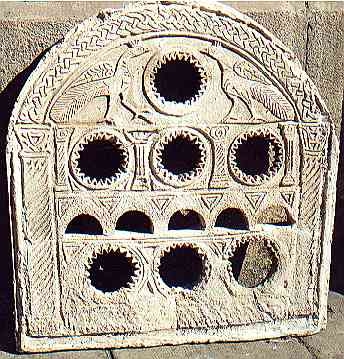
- chapter 5 index -
pg. 1 - Lizard | pg. 2 - Prince Rupert Awakes | pg. 3 - Tears of Glass | pg. 4 - Go Polonius or Kneel
pg. 5 - Rainbows' Ends and Gold | pg. 6 - Prophets Chained for Burning Masks
pg. 7 - Frederick II & The Cathars | pg. 8 - Bolero - The Peacock's Tale
pg. 9 - The Battle of Glass Tears | pg. 10 - Big Top
site index
Translate from
Bolero - The Peacock's Tale























 Arachnophilia
Arachnophilia